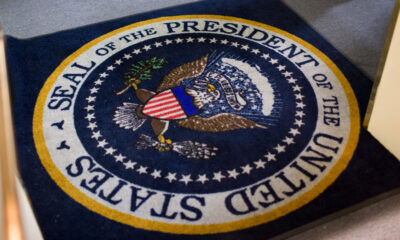Media
Warrior speaks about ‘lone survivor’
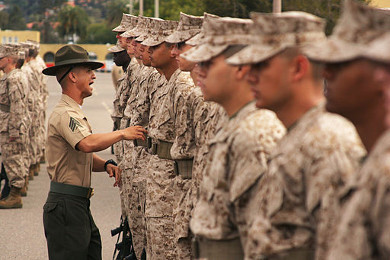
We’ve been at war now continuously since I was born, fifty-six years ago, and having served two decades active in the Corps, I still don’t have a clue how our “political leadership” ever allowed us into any of these wars. Today, we have great controversy over overt things, but the real controversy lies in covert things, the questions all the warriors want answered, but which are always refused.
A survivor from a Navy Seal Team, a warrior who lost all his closest friends in an operation gone wrong, is trying his best to understand after the fact, how anyone sent such an operation forward, while the civilian media interviewer is doing his best to see where anything had any chance of success at all, from the outset.
Warrior and newsman: inevitable break
 There is a good reason for the total break between the warrior, dealing with the reality, and the newsman, who simply can’t see the mission except as an opportunity to pour Americans down a hole and then seal it up. We didn’t go to war to secure America, we went to war to retaliate. The warrior can’t allow his mind be taken up with war’s reason, he must be filled to the top with skill, preparation and the certain knowledge he will prevail, and cannot allow doubt in.
There is a good reason for the total break between the warrior, dealing with the reality, and the newsman, who simply can’t see the mission except as an opportunity to pour Americans down a hole and then seal it up. We didn’t go to war to secure America, we went to war to retaliate. The warrior can’t allow his mind be taken up with war’s reason, he must be filled to the top with skill, preparation and the certain knowledge he will prevail, and cannot allow doubt in.
That newsman, asking the questions, has nothing equal in force to the demands survival puts on the warrior. Yet it is that newsman, and all his fellow journalists, who drive public opinion, lead people to take up the cry for war, or otherwise, step out in the call for serious consideration before making a hasty decision. It is those who get their information from the news who contact their representative, call their senators, make the real pressure put on the politician.
We all will remember eleven September, 2001, we who witnessed the attack on the World Trade Center, and we consider this good cause for our going to war, but who remembers the Gulf War, and why we took on Iraq? Who knows why Hussein went into Kuwait, why he risked our wrath?
Only those who seriously pursued this question have any answer, and for the rest, you are supposed to simply accept there was a good reason, and we showed him. The base fact is this, for all who never found out why. Saddam Hussein demanded a wife for his eldest son from Kuwait, and the king of Kuwait mocked him. Hussein took Kuwait, we used this as the excuse to wage full-scale war in Iraq, yet not settle anything at all.
From the time of our entry into the First World War up to the present, we’ve had military and cultural forces in the midst of the area historically influenced by Arab and Persian authority, a place which has roots for almost all people, and has been the battlefield for millennia. What had ceased to be world trade routes returned with the discovery of oil in the mid-east. Suddenly, there was reason to look again toward world dominion; oil had replaced control of trade routes.
No rational goals
We went to war over issues of no good purpose for us. We entered with no plan to win, and we left an open-ended mess. When we got attacked at home, our politicians decided they would change the way the middle east worked.
We went to war to accomplish their intent, but entirely absent any possible means. Every bit of what has happened since has been the fall-out of failure to establish rational goals, and take the means capable of accomplishing them.
We can no more turn the mid-east into a copy of “America” than Iran can turn us into a copy of themselves. Wars can only be won if they are predicated on reason, with real purpose, and calculated in reality, with rational goals. We had to return on the attack of the World Trade Center. We had no cause to go to war, we could just as easily made a real point by attacking a target of equal political value, demonstrating our capability of striking back, and could have avoided sending any forces anywhere. Don’t we keep ballistic missiles for a purpose? Could we have altered the outcome in Iraq, had we used our strategic weapons, instead of people, and allowed the area to settle back into balance?
Reprinted from Tea Party Advocacy Tracking Hub
[subscribe2]
-

 Education4 days ago
Education4 days ago‘Grading for Equity’: Promoting Students by Banning Grades of Zero and Leaving No Class Cut-Ups Behind
-

 Education2 days ago
Education2 days agoCHAPTER 11: Critical Race Theory: A Species of the Ideological Thought Genus Marxism
Space Is No Longer the Final Frontier—Reality Is [forthcoming release May 2024] -
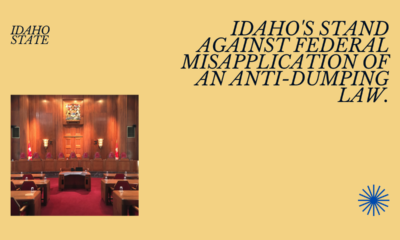
 Family4 days ago
Family4 days agoIdaho defends against abortion mandate
-
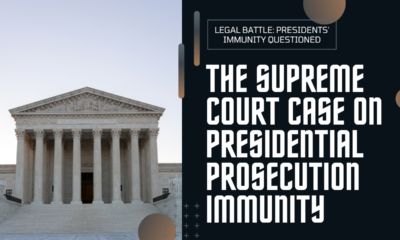
 Constitution3 days ago
Constitution3 days agoPresidential immunity question goes to SCOTUS
-

 Civilization1 day ago
Civilization1 day agoWill Trump flip New York?
-

 Civilization18 hours ago
Civilization18 hours agoCHAPTER 12: Seeding Race Wars
Space Is No Longer the Final Frontier—Reality Is [forthcoming release May 2024] -

 Clergy2 days ago
Clergy2 days agoHistorical Points Have Their Place, But That Is Not Where Your Faith Is To Stand!
-
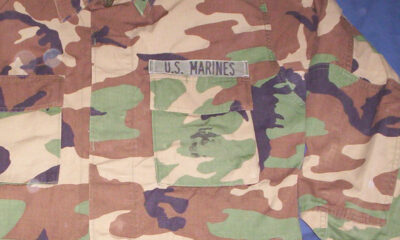
 Civilization3 days ago
Civilization3 days agoMarine Corps Force Design: In Defense of Chowder II




